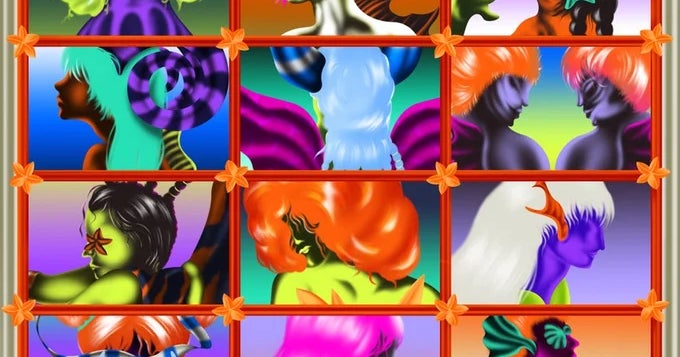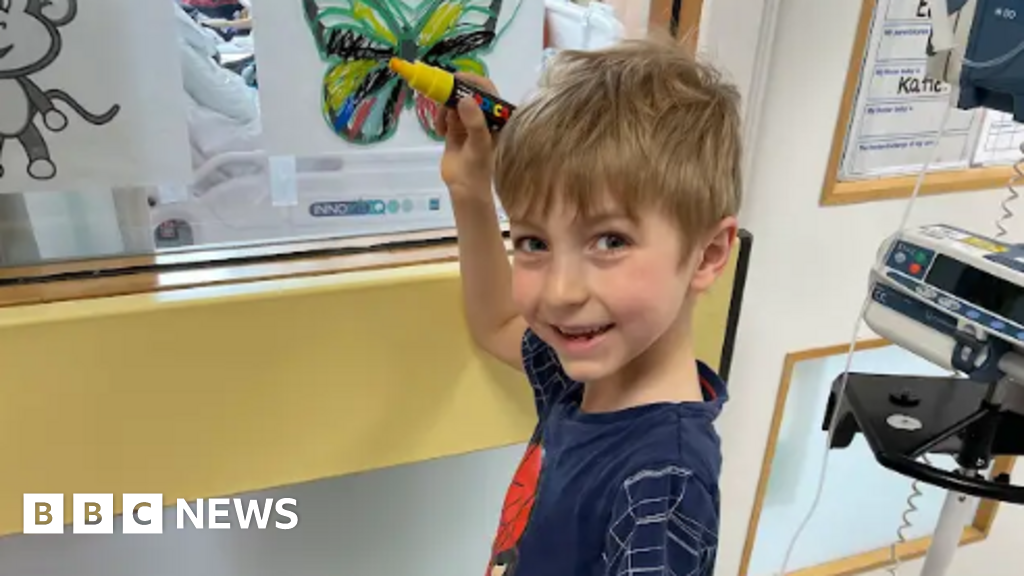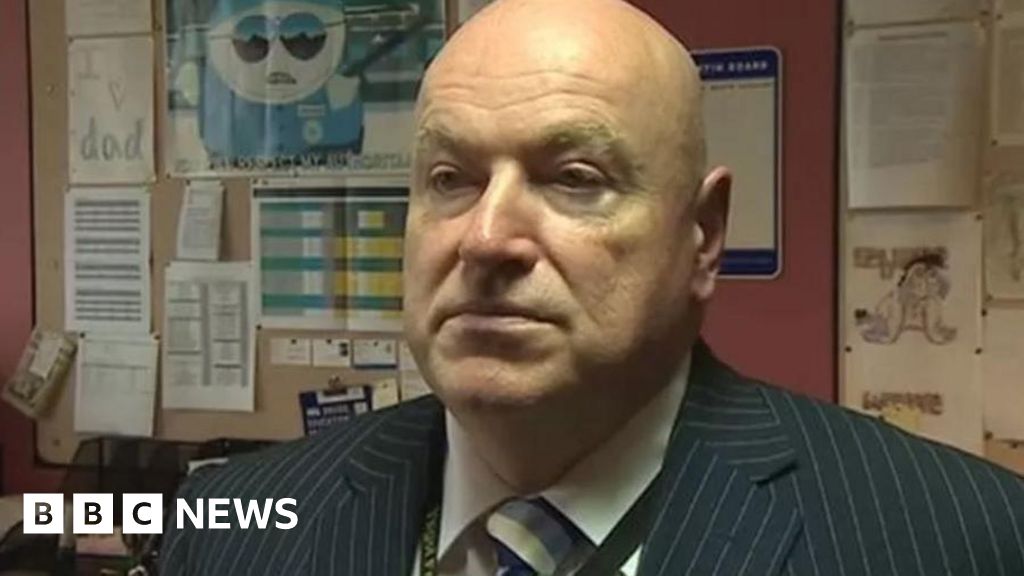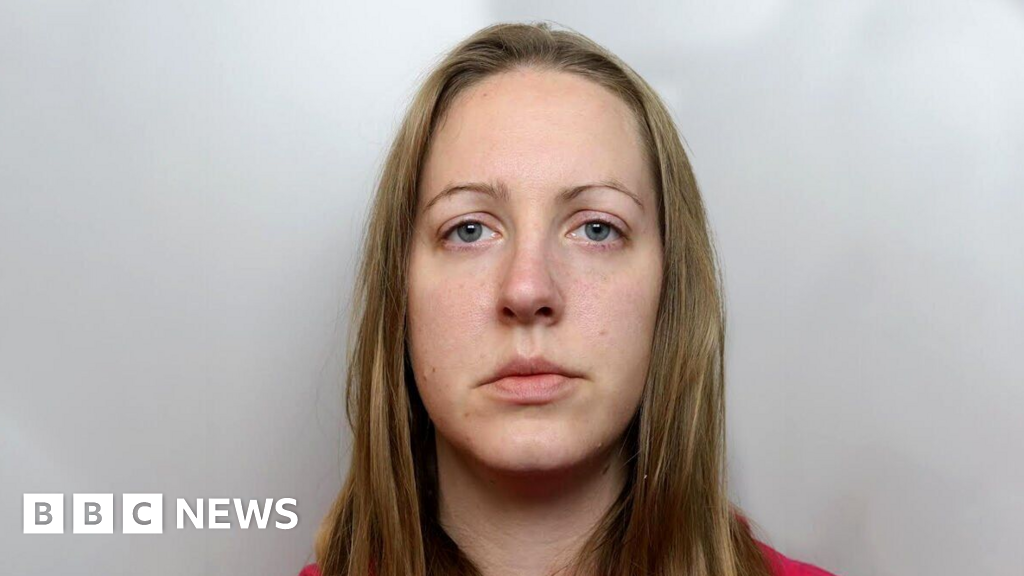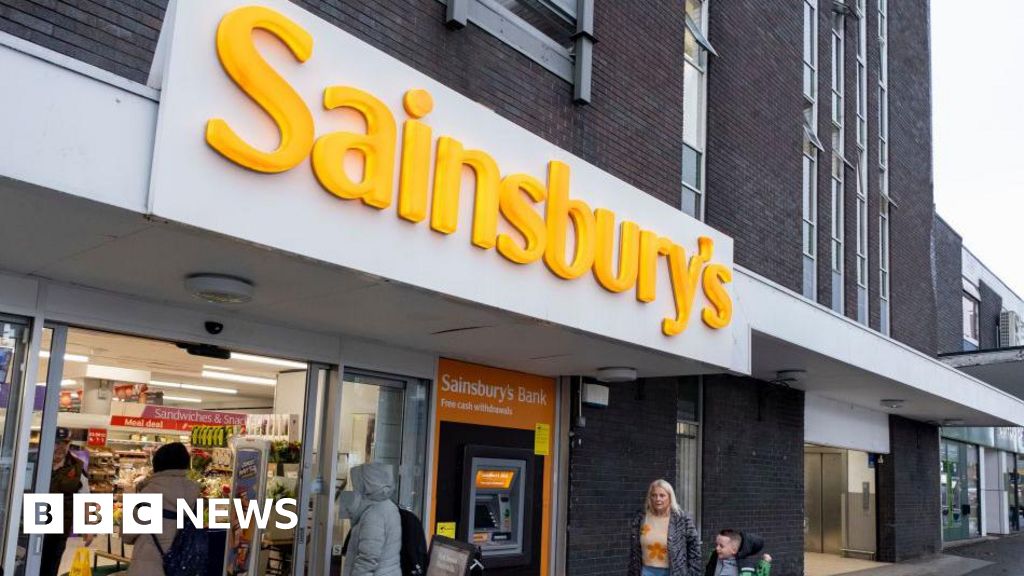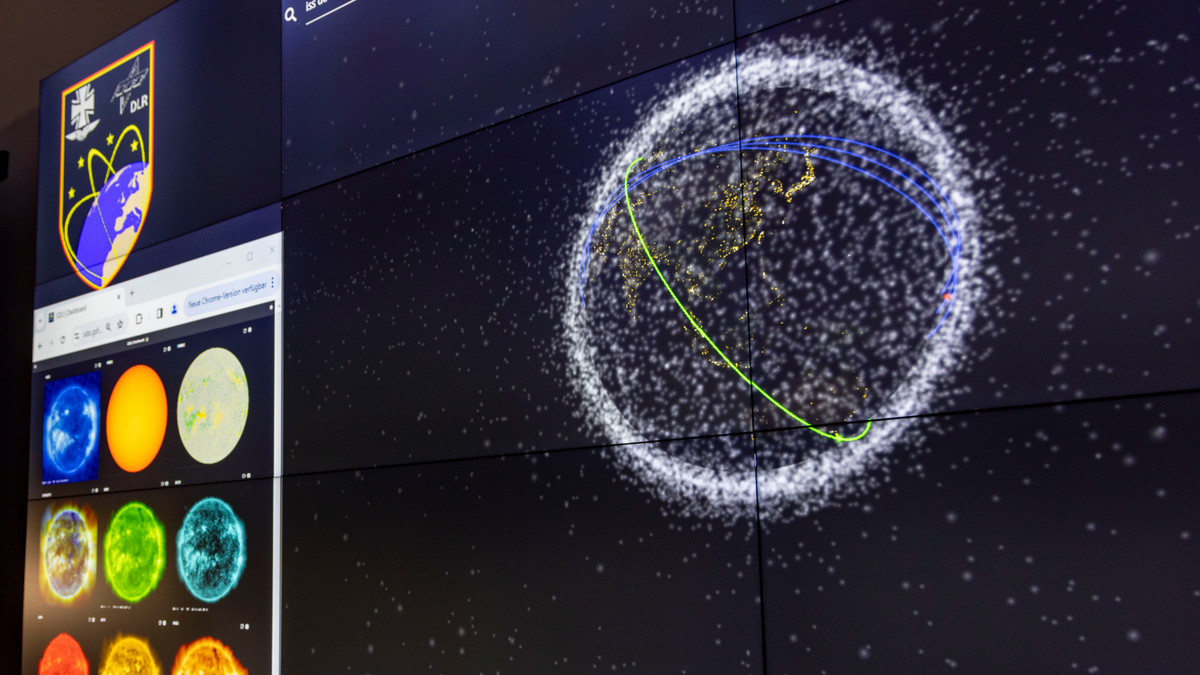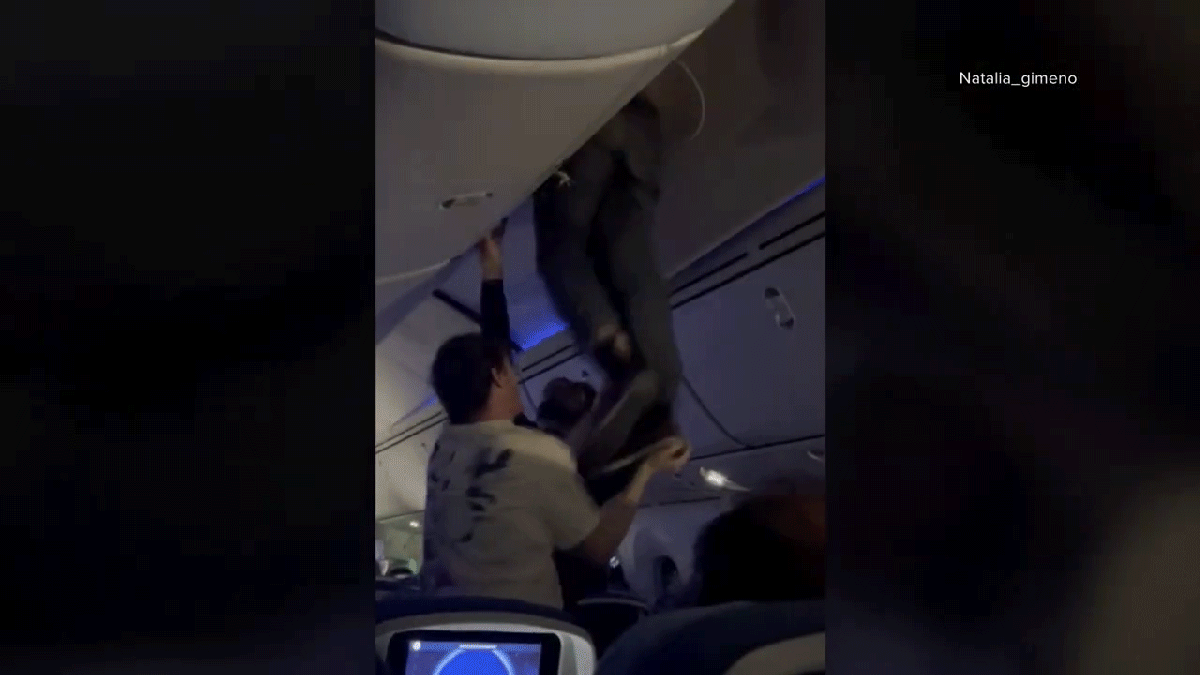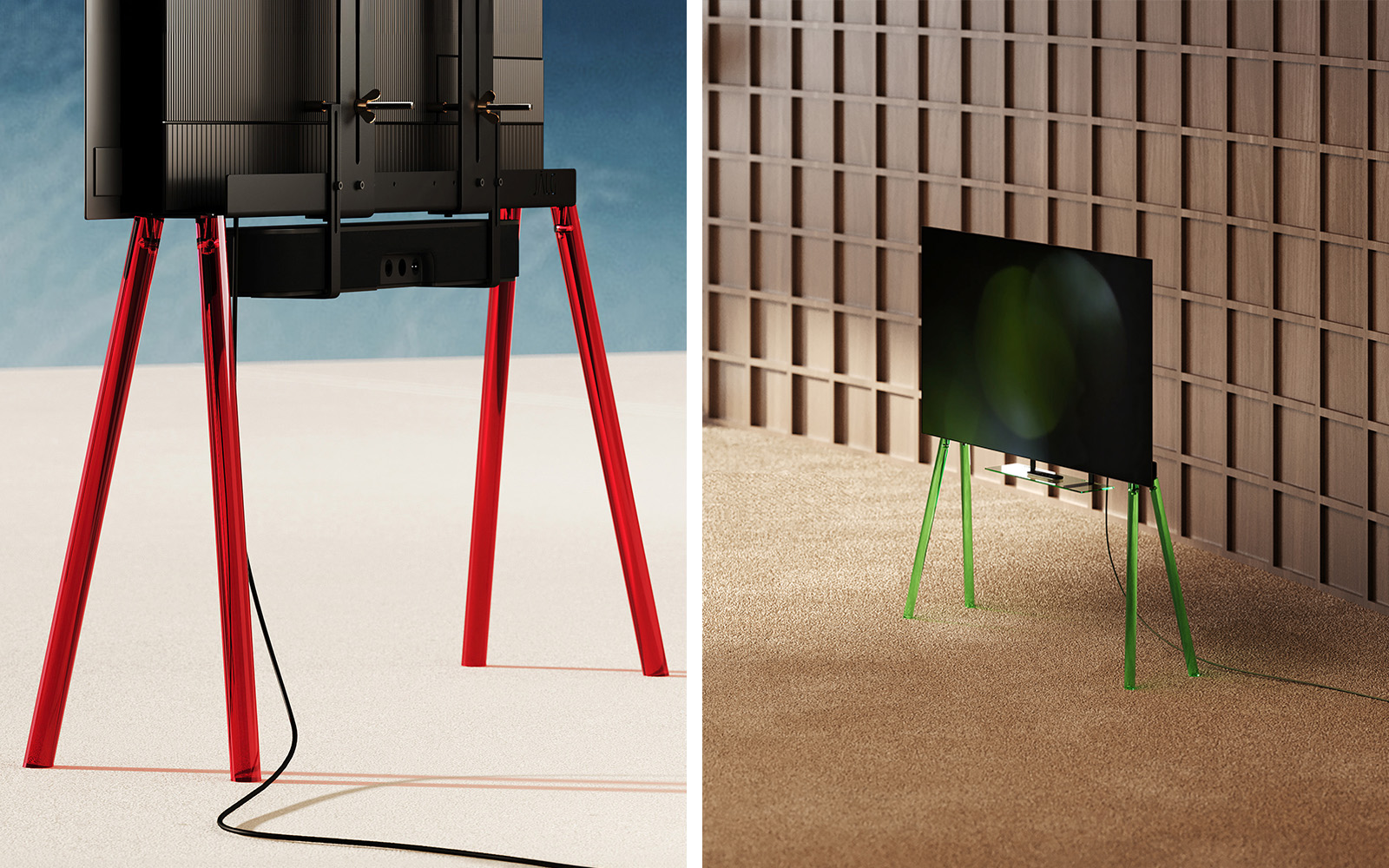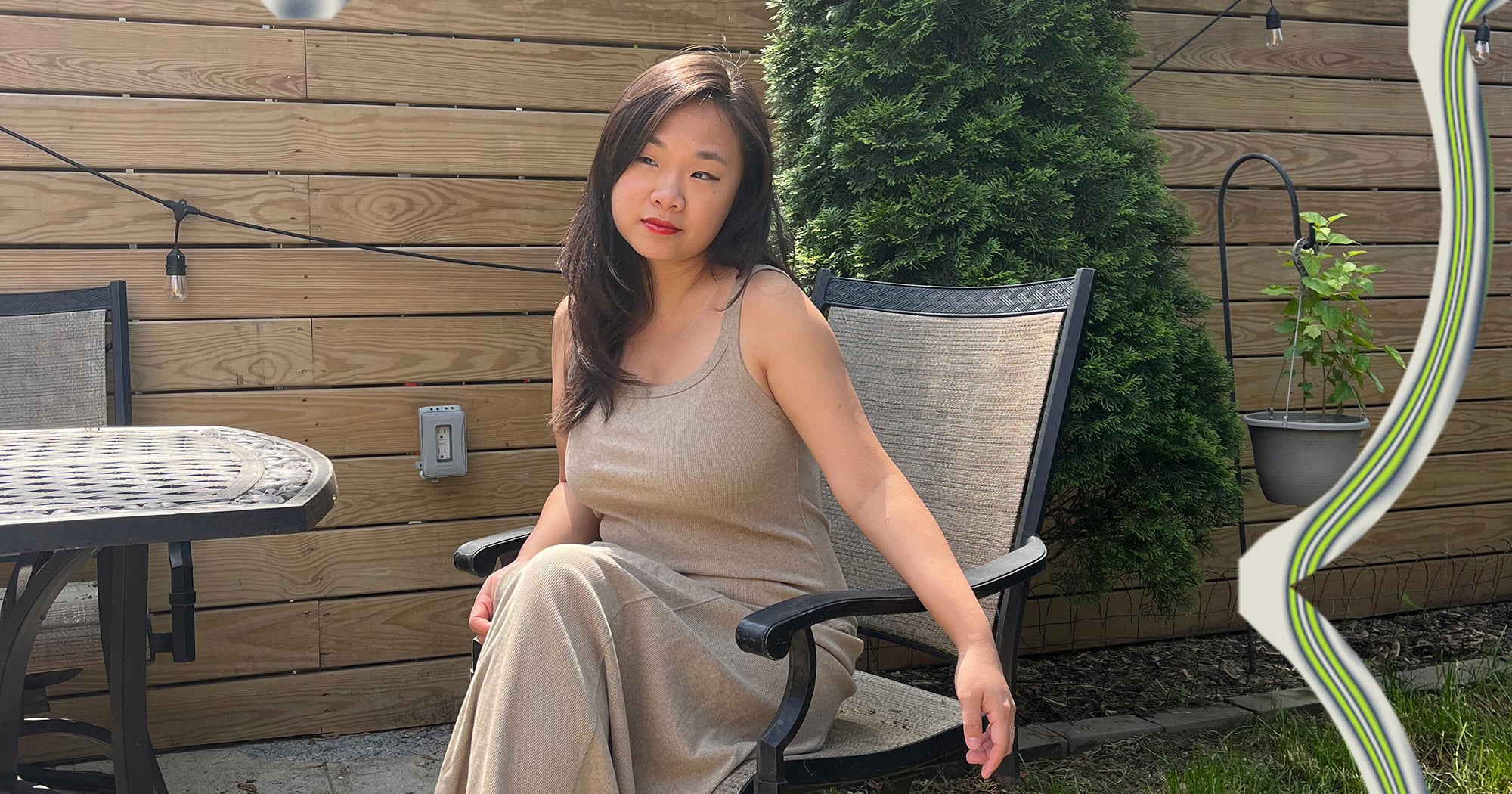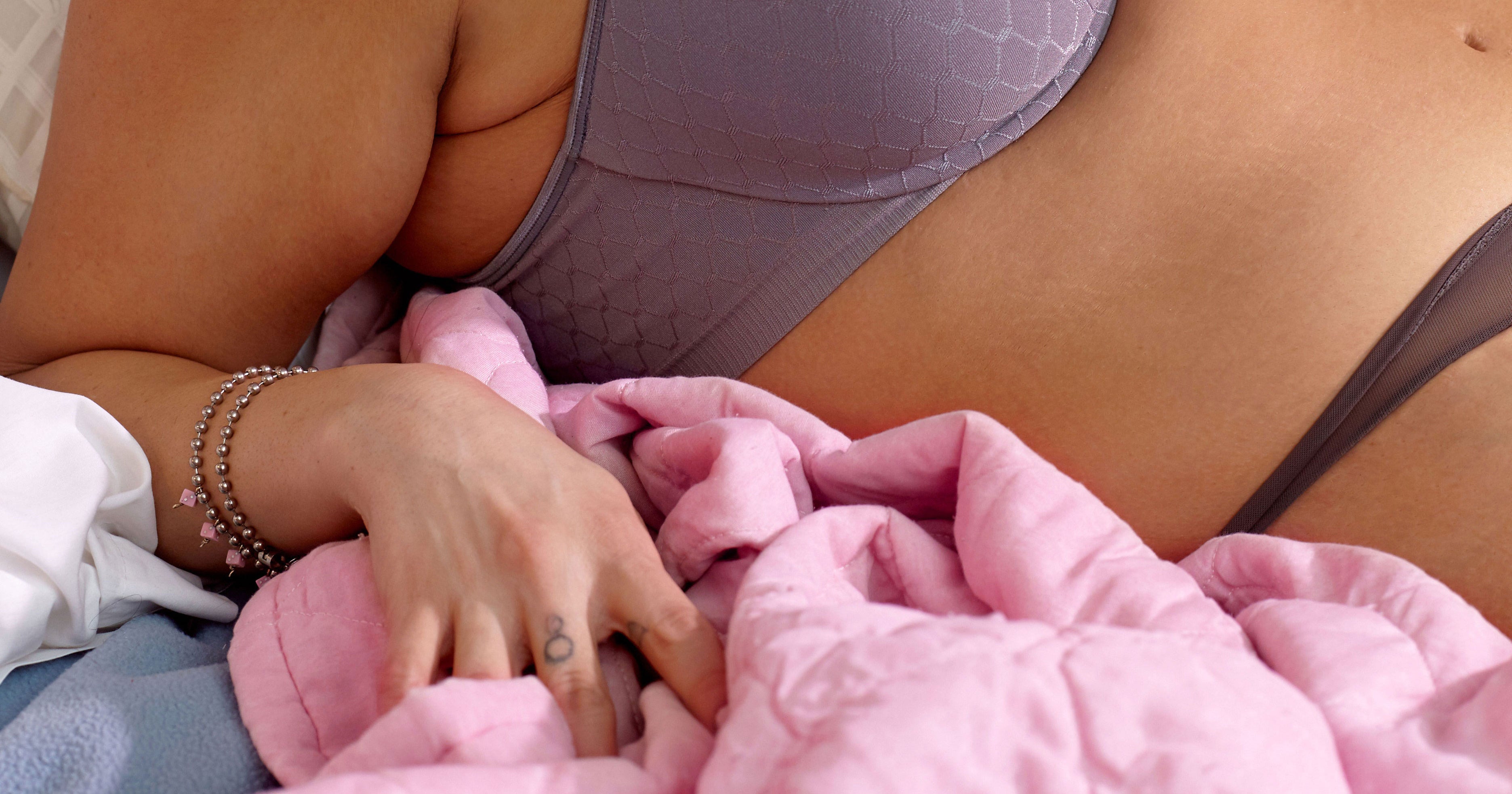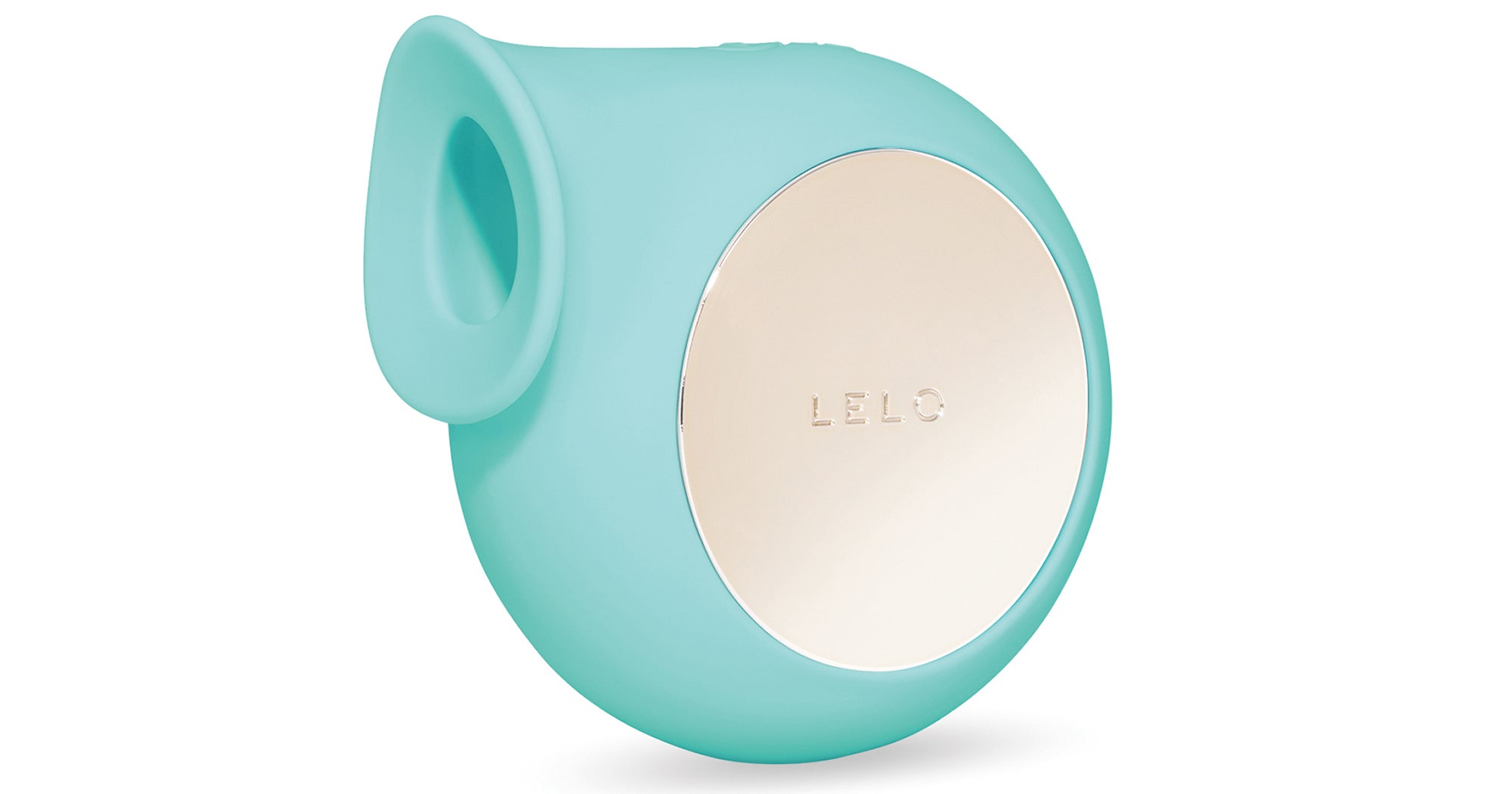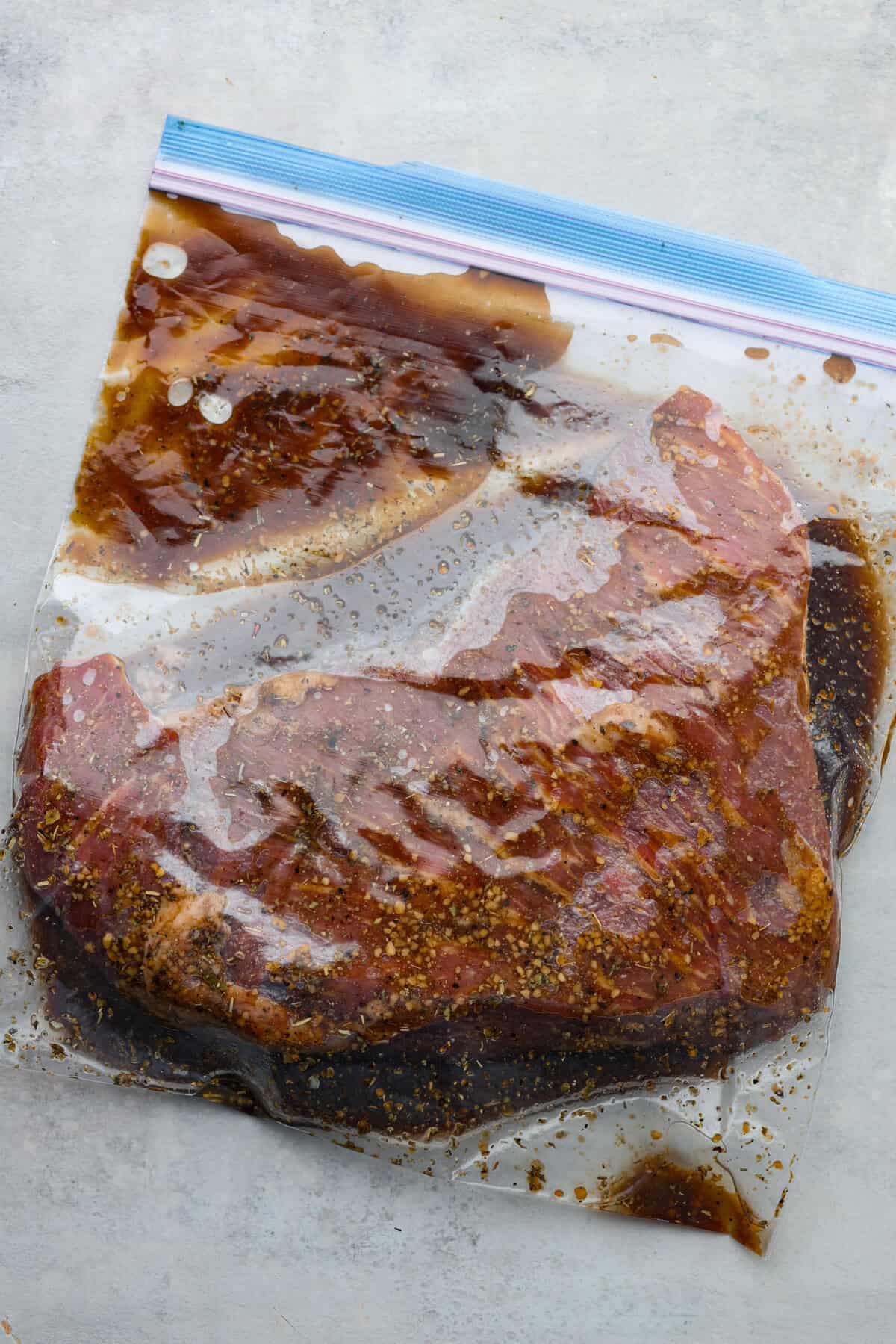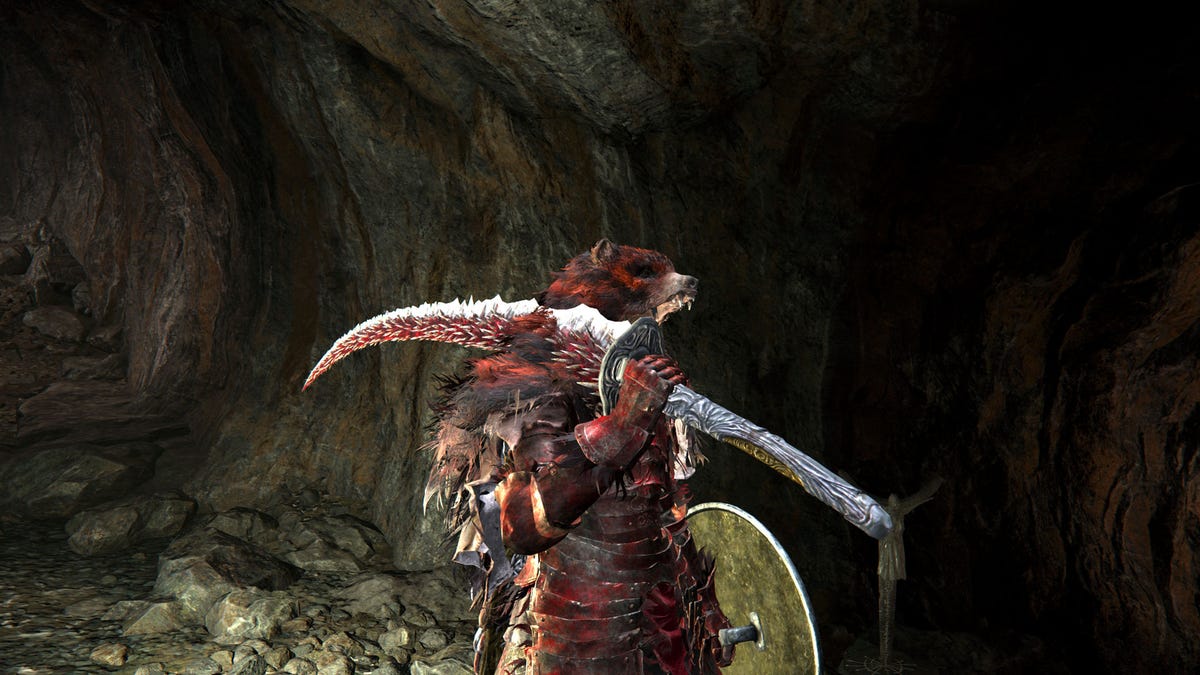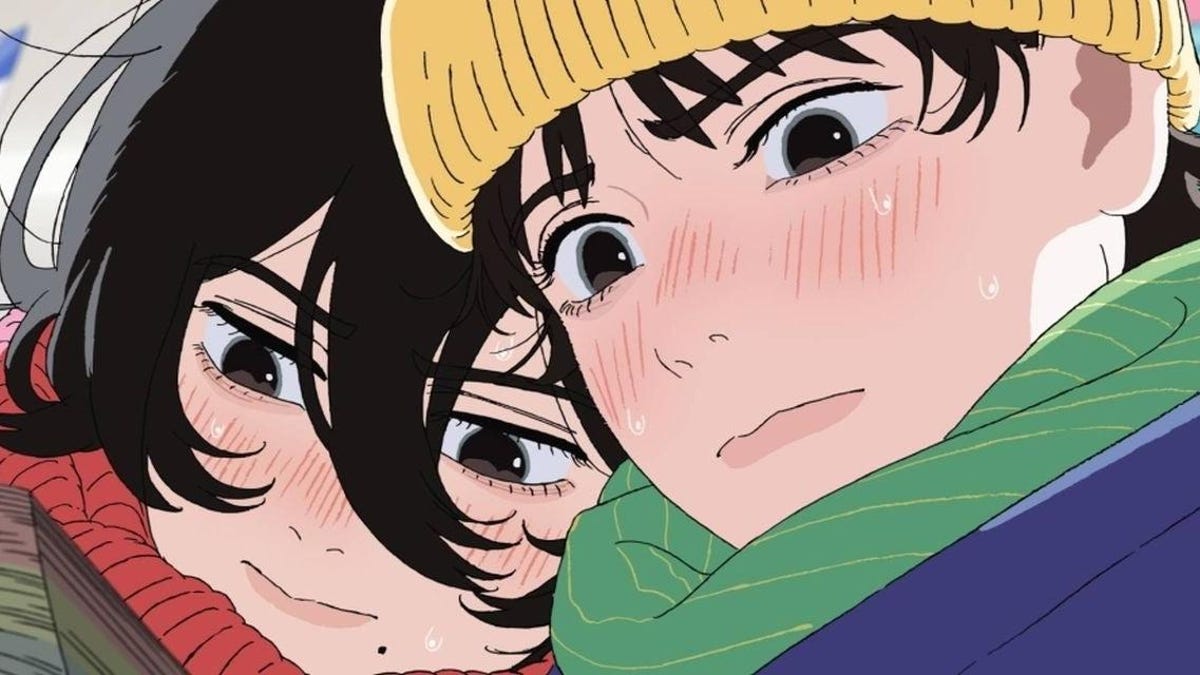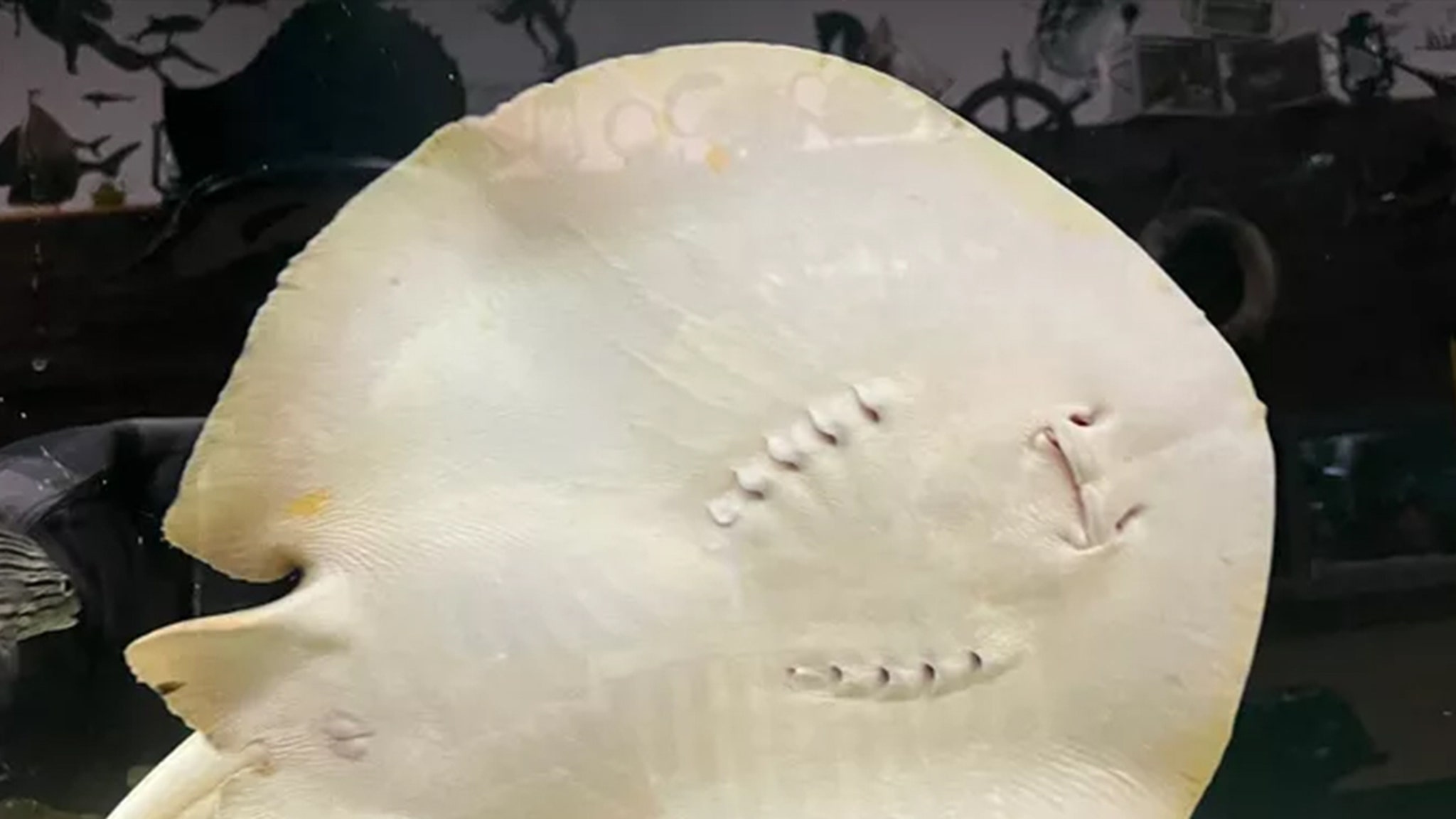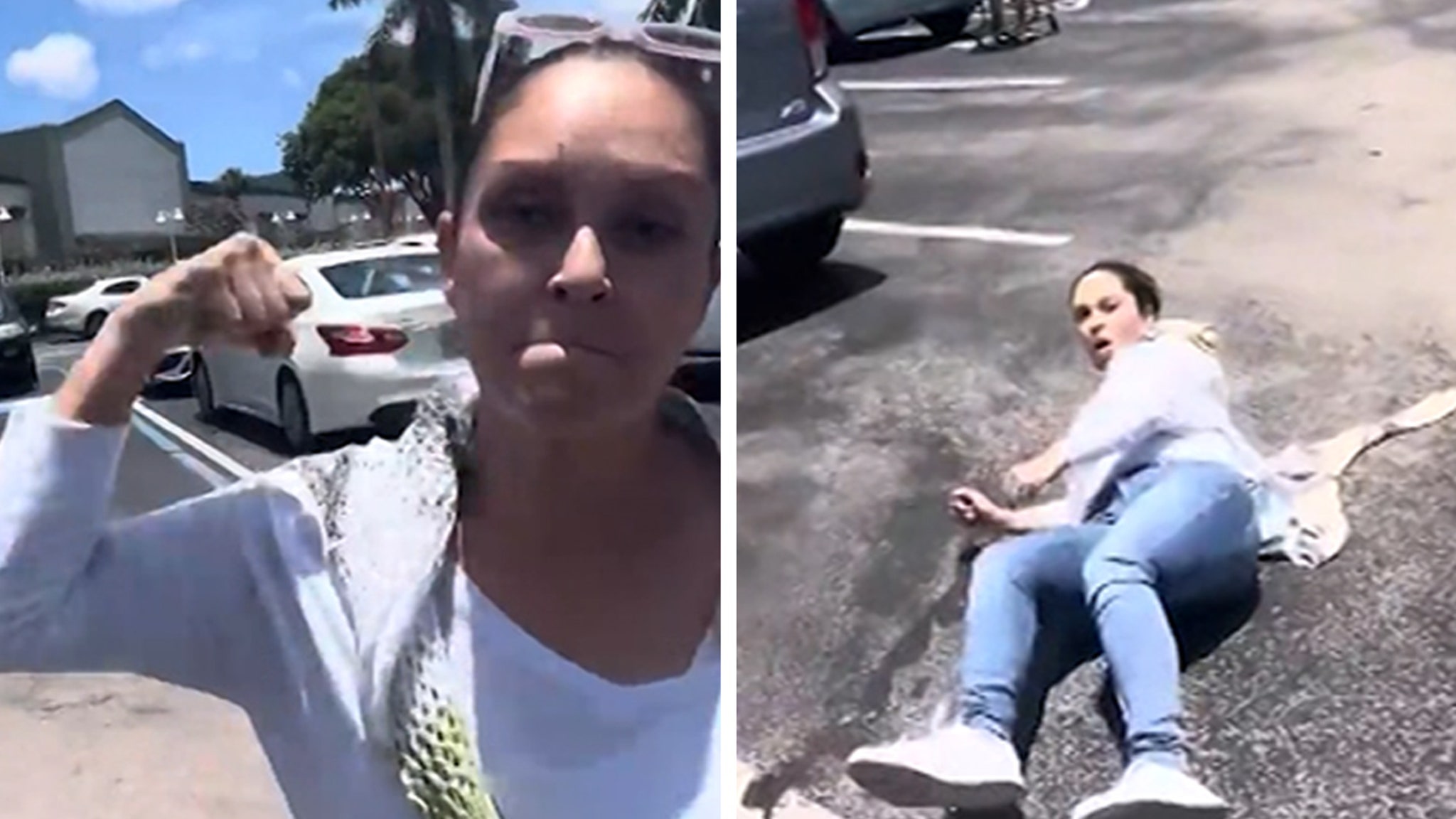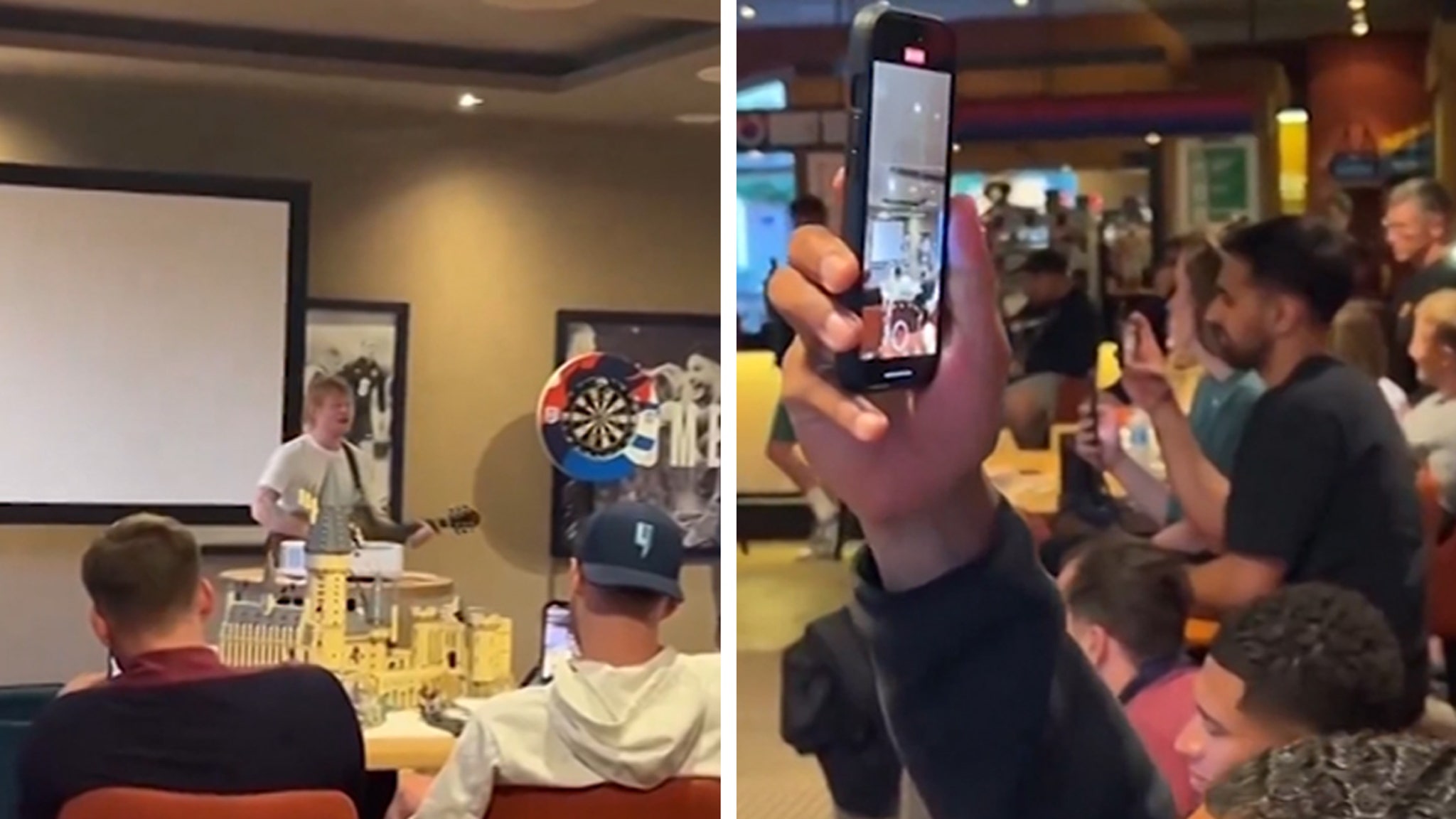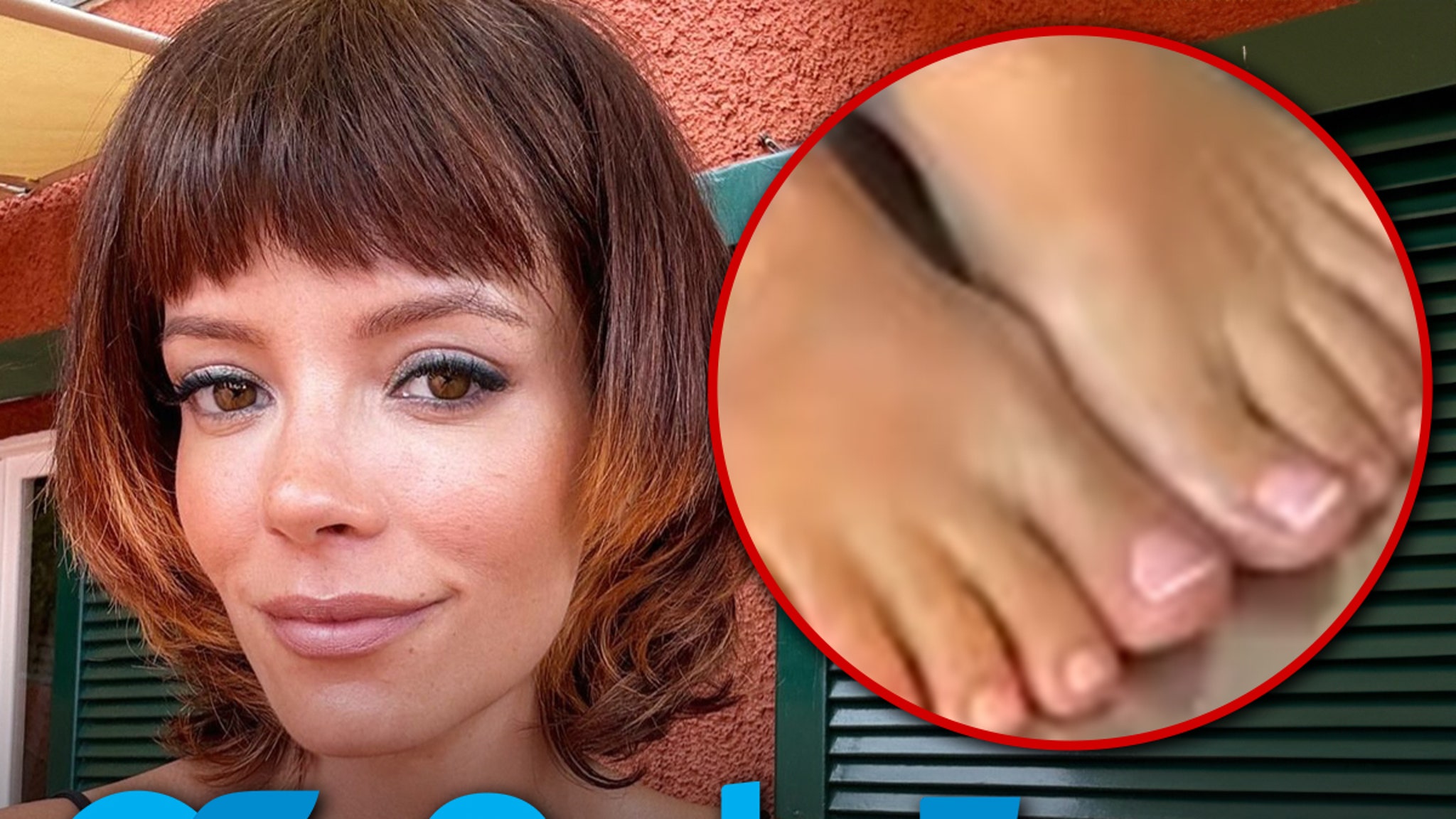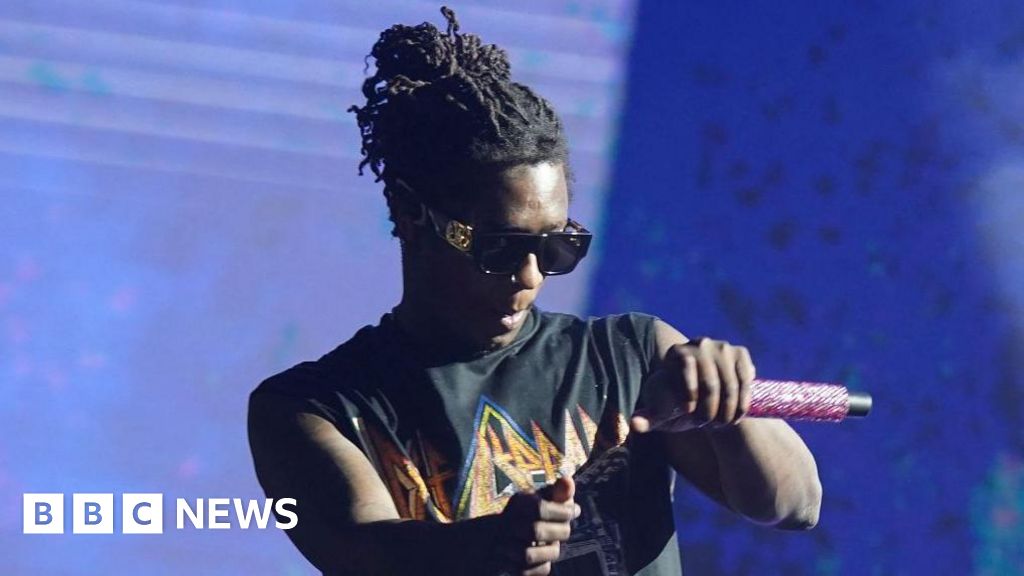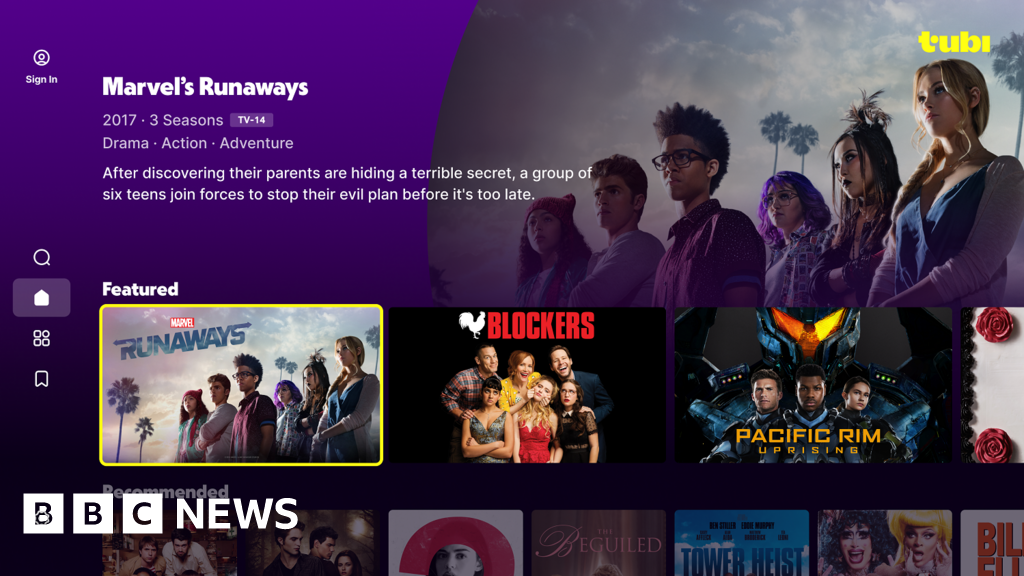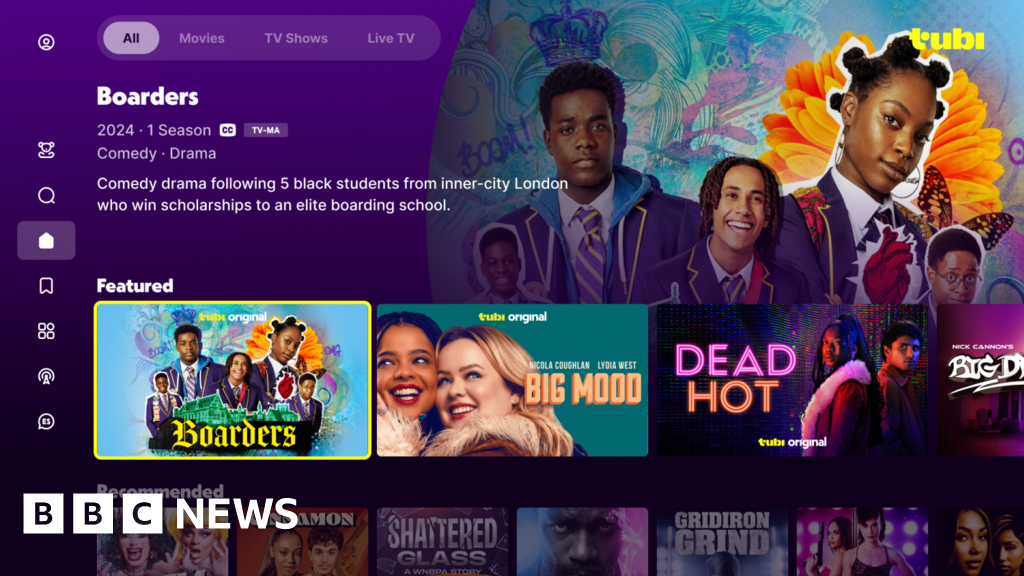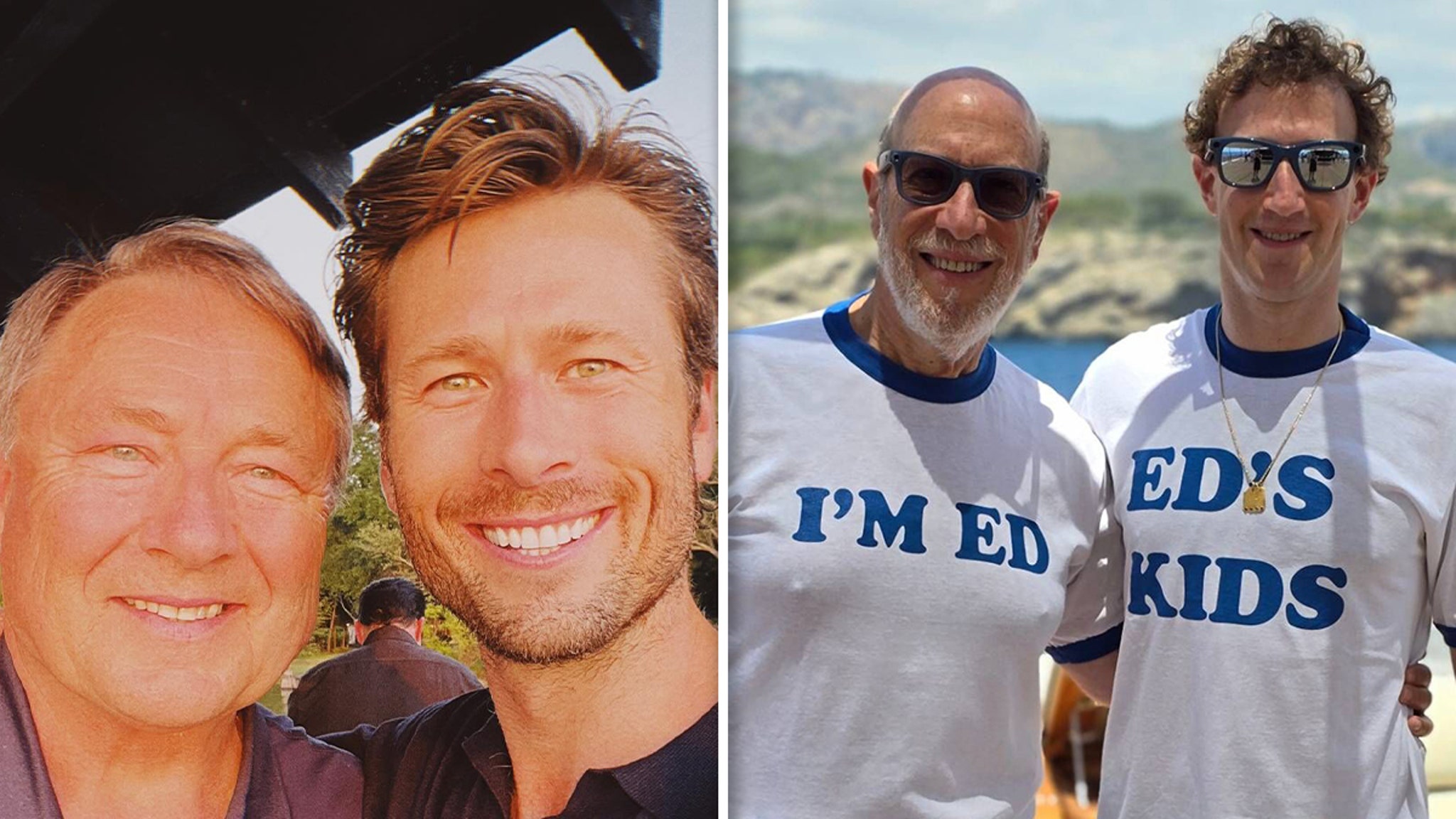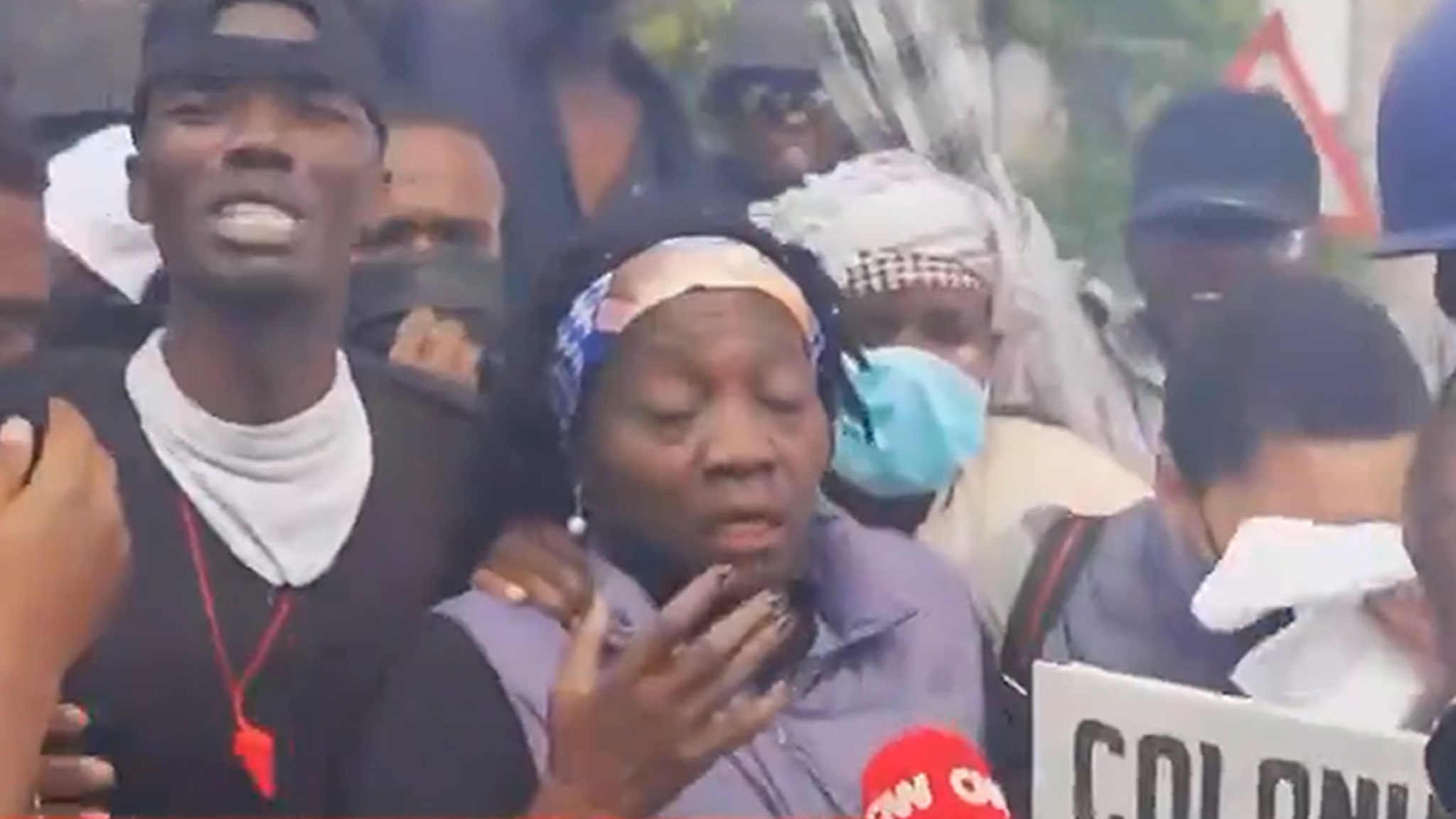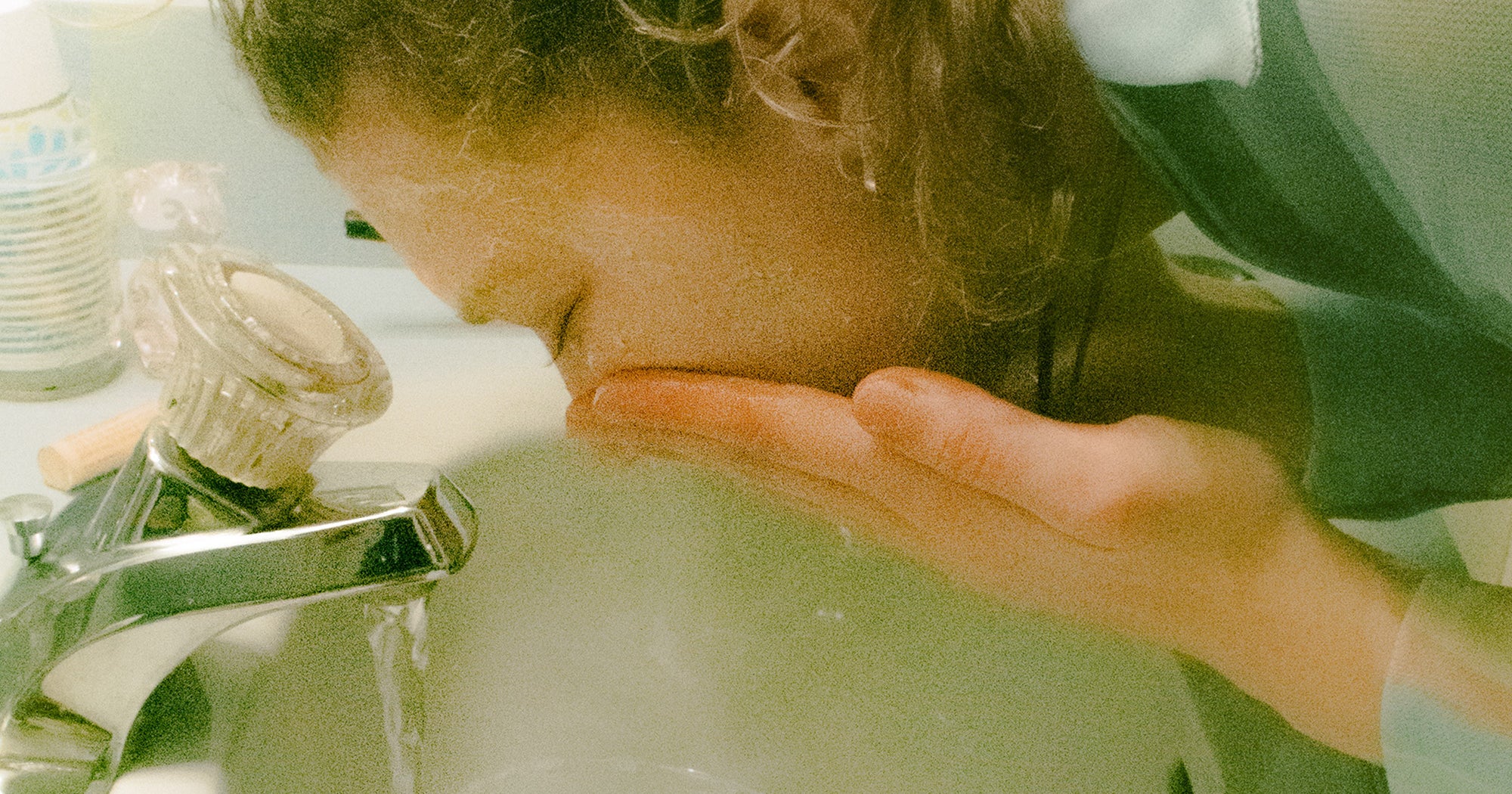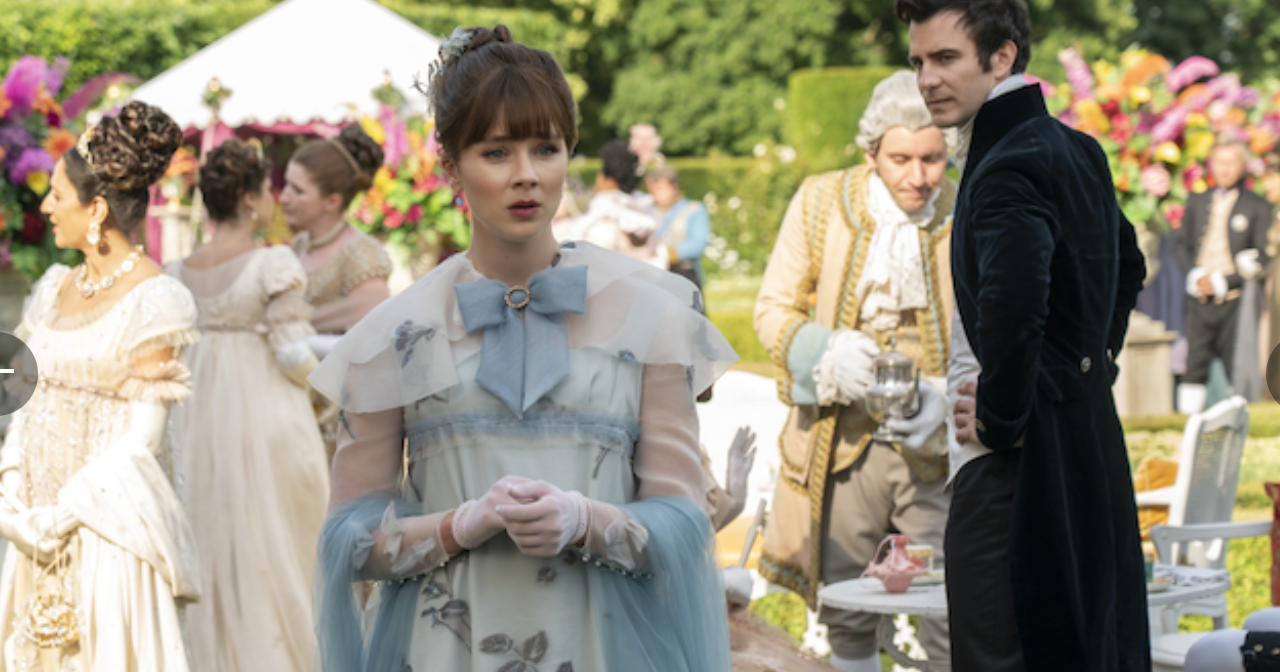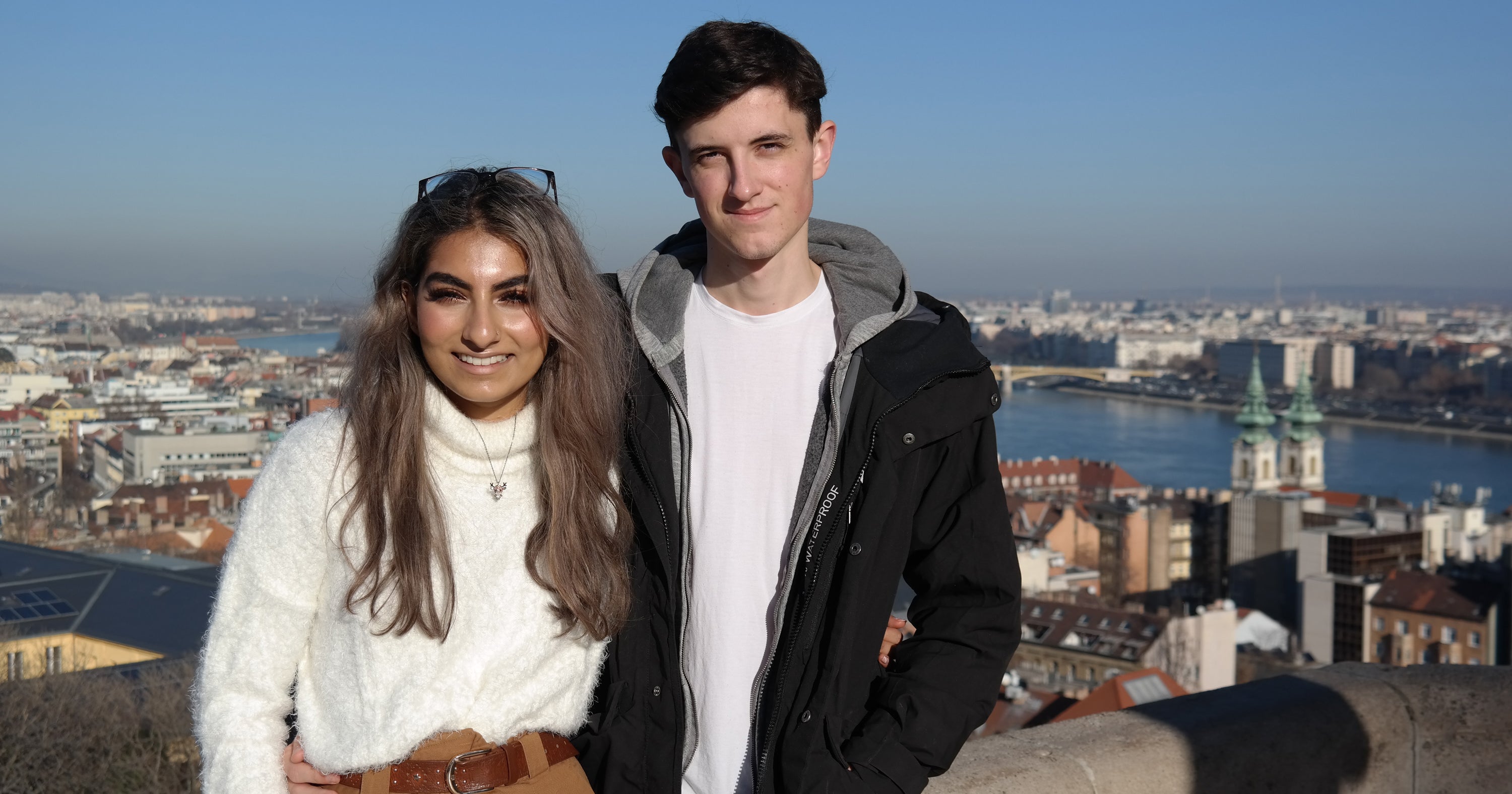In 'I'm Not Broken,' Melissa Etheridge Bonds With the Women of the Topeka Correctional Facility
On June 14, I'm Not Broken, a two-part documentary series starring Melissa Etheridge premiered at the Tribeca Film Festival. The documentary (out July 9 on Paramount +) captures the Grammy-winning singer-songwriter and author's deepening relationships with five female residents at the Topeka Correctional Facility—from exchanges of letters to the planning of a live performance at the prison—and the healing properties of music. In 2020, Etheridge lost her son, Beckett, to opioid addiction. Ever since, she's sought to understand and explain the effects of addiction and the myriad ways the carceral system punishes rather than properly cares for the problem at the root of it (in her words: trauma). Clearly, the documentary is Etheridge's latest attempt at establishing greater empathy for those most vulnerable to the cycle of substance use. "My journey with my son is definitely a big part of this film," Etheridge told Jezebel at I'm Not Broken's premiere. "But when people watch this, I hope they can think a little differently about how we incarcerate people and why. These are issues that come from trauma. These people are there because of a trauma that led them to a drug addiction that ultimately, led them to break a law." In Part I of the series, the audience is introduced to the women who began writing to Etheridge while incarcerated at the facility. Behind their—in many cases, unjustly exorbitant—sentences are staggering stories of sexual abuse, absent parents, and poverty. Though female incarceration rates have seen a 700 percent increase since 1980, a number of the women seen in the series have quite hearteningly found renewed hope for redemption in Etheridge's responses. Not only does the Kansas-native pen a new song for those incarcerated at the facility in Part II, but she also conceptualizes a concert on its grounds. On the setlist, of course, was none other than "I'm The Only One." "When I was choosing my setlist, I knew I wanted to do 'I'm The Only One' because when I perform live anywhere and I hit that, it's fists in the air," Etheridge said. "Even when I wrote the song, I wanted it to be one about self-preservation. Not 'poor me.' I wanted to be about power. So, when I look out in the audience and see the fists going, that's the reward." Ultimately, I'm Not Broken is a profoundly affecting testament to Etheridge's storytelling, staunch advocacy for a more just system, and that a good melody and the right words can restore the human spirit. "What really got me into music in the first place was seeing how transformative it can be," Etheridge said. If the women's commentary throughout isn't confirmation enough of Etheridge's impact, the crowd shots during her show certainly are. Fists are predictably punched skyward, but tears stream, hugs, and reassuring squeezes are administered amongst each other, and in one particularly touching sequence, the crowd becomes a sea of hearts as Etheridge recalls the loss of her son. Etheridge, it seems, hasn't just established her own relationships with some of the inmates but sparked others in the prison. The series might also be an introduction to her campaigning for the legalization of cannabis in her native Kansas. (In 2004, Etheridge was diagnosed with breast cancer and began using medicinal marijuana to ease the side effects of chemotherapy.) In the series, she meets with state lawmakers and tells her own story of getting arrested for possession of cannabis oil in 2017. The laws in Kansas haven't yet changed. But Etheridge's activism isn't going anywhere either.
On June 14, I'm Not Broken, a two-part documentary series starring Melissa Etheridge premiered at the Tribeca Film Festival. The documentary (out July 9 on Paramount +) captures the Grammy-winning singer-songwriter and author's deepening relationships with five female residents at the Topeka Correctional Facility—from exchanges of letters to the planning of a live performance at the prison—and the healing properties of music. In 2020, Etheridge lost her son, Beckett, to opioid addiction. Ever since, she's sought to understand and explain the effects of addiction and the myriad ways the carceral system punishes rather than properly cares for the problem at the root of it (in her words: trauma). Clearly, the documentary is Etheridge's latest attempt at establishing greater empathy for those most vulnerable to the cycle of substance use. "My journey with my son is definitely a big part of this film," Etheridge told Jezebel at I'm Not Broken's premiere. "But when people watch this, I hope they can think a little differently about how we incarcerate people and why. These are issues that come from trauma. These people are there because of a trauma that led them to a drug addiction that ultimately, led them to break a law." In Part I of the series, the audience is introduced to the women who began writing to Etheridge while incarcerated at the facility. Behind their—in many cases, unjustly exorbitant—sentences are staggering stories of sexual abuse, absent parents, and poverty. Though female incarceration rates have seen a 700 percent increase since 1980, a number of the women seen in the series have quite hearteningly found renewed hope for redemption in Etheridge's responses. Not only does the Kansas-native pen a new song for those incarcerated at the facility in Part II, but she also conceptualizes a concert on its grounds. On the setlist, of course, was none other than "I'm The Only One." "When I was choosing my setlist, I knew I wanted to do 'I'm The Only One' because when I perform live anywhere and I hit that, it's fists in the air," Etheridge said. "Even when I wrote the song, I wanted it to be one about self-preservation. Not 'poor me.' I wanted to be about power. So, when I look out in the audience and see the fists going, that's the reward." Ultimately, I'm Not Broken is a profoundly affecting testament to Etheridge's storytelling, staunch advocacy for a more just system, and that a good melody and the right words can restore the human spirit. "What really got me into music in the first place was seeing how transformative it can be," Etheridge said. If the women's commentary throughout isn't confirmation enough of Etheridge's impact, the crowd shots during her show certainly are. Fists are predictably punched skyward, but tears stream, hugs, and reassuring squeezes are administered amongst each other, and in one particularly touching sequence, the crowd becomes a sea of hearts as Etheridge recalls the loss of her son. Etheridge, it seems, hasn't just established her own relationships with some of the inmates but sparked others in the prison. The series might also be an introduction to her campaigning for the legalization of cannabis in her native Kansas. (In 2004, Etheridge was diagnosed with breast cancer and began using medicinal marijuana to ease the side effects of chemotherapy.) In the series, she meets with state lawmakers and tells her own story of getting arrested for possession of cannabis oil in 2017. The laws in Kansas haven't yet changed. But Etheridge's activism isn't going anywhere either.














